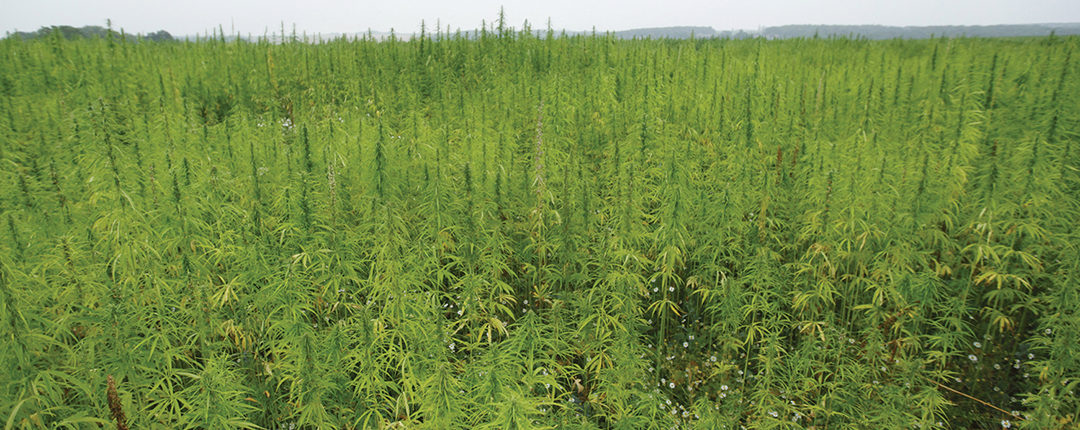Hemp fiber is here to change the world. That may seem like a pretty bold statement, but the more you read into the benefits of hemp, the more you’ll agree that hemp is truly the wonder-fiber: capable of everything. Since the 2015 legalization of hemp farming in the US, the hemp textile industry has boomed. We’re going to take a look at what makes hemp such an incredible fiber for textiles.
It’s common to believe that hemp is a poor fiber to use in apparel because of its seemingly rough appearance. Something that makes tough hemp rope and paper may seem unappealing for use in textiles, but nothing could be further from the truth. The first and most notable quality is hemp’s strength. Hemp is stronger and more durable than all other natural fibers, including cotton, silk and wool. It has high tensile and abrasion strength, which gives it a far longer lifespan than most all its competition. Not only is it strong, but it also holds its shape extremely well. It has the lowest amount of stretch of all other natural fibers, which allows it to be used in industrial settings such as upholstery and wall covering without becoming stretched and distorted.
Another amazing quality regarding hemp’s strength is its reaction to commercial laundering. Hemp actually benefits from laundering. Unlike most other fabrics, with each wash and use its luster and light reflective qualities are enhanced. It becomes softer and more luxurious as it is worn and washed, which means it wears in, not out. This is why its lifespan is so much longer than other fibers.
Hemp’s beneficial qualities don’t end with its strength. It is an extremely comfortable and soft material, especially after going through the wash. It simply gets softer the more you use it. One of the most useful and versatile qualities hemp has is its interaction with water. Hemp has superior absorbency and due to its porous nature, it dries quickly and is very breathable. It can remain dry to the touch even after absorbing 20% of its own weight in liquid.
Hemp is also naturally mildew and rot resistant, which is why ships frequently used to use hemp for ropes and twine. It is extremely versatile in both warm and cool weather, as it feels cool in warm weather and helps insulate the wearer during colder winter months. It has natural insulation from the air trapped within its fibers.
The benefits of hemp extend far past just its physical characteristics. If hemp farming was legalized in the US, thousands of job opportunities would open up, and farmers would benefit greatly. Hemp farming creates sustainable community jobs.
The environmental benefits of hemp farming are just as impressive as its qualitative benefits. According to a North American Industrial Hemp Counsel study, the environmental benefits of industrial hemp include decreased reliance on fossil fuels, less atmospheric build-up of carbon dioxide, forest conservation and the reduction of atmospheric pesticides pollution. Hemp as a crop is also extremely safe to farm because it requires little to no herbicide, pesticide, or fertilizer applications. The crop even improves the soil in which it’s farmed so it makes an excellent rotational crop.
Is hemp going to be the next big thing in textile industry? It doesn’t seem that way right now because of the restrictions on growing and the negative connotations that can linger with the hemp plant. But here at EverBloom we’re hopeful that hemp will take off and everyone will see the incredible benefits of utilizing this wonder-plant.

